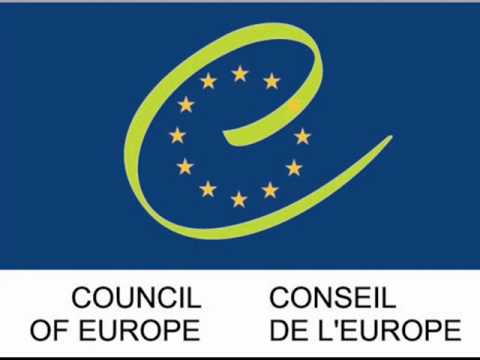Strasbourg, 28.01.2016 – Council of Europe experts have identified significant weaknesses in the investigation and prosecution of money laundering in Armenia and have urged the authorities to take immediate action to ensure that law enforcement efforts are fully commensurate with the money laundering risks faced by the country.
Overall, however, Armenia has made adequate progress in establishing a sound legal framework, and the financial sector was found to be effective in the application of preventive measures. The mechanisms for detecting and preventing financing of terrorism and proliferation are to a large extent effective.
Fraud, tax evasion, contraband and embezzlement pose the highest threats in terms of money laundering. Within the Armenian economy, the banking and real estate sectors are the most vulnerable to money laundering. Financial intelligence is gathered very effectively, but law enforcement does not often make effective use of it to develop evidence, trace, seize and confiscate criminal proceeds from money laundering.
These are among the main findings of the latest report on Armenia from the Council of Europe’s Committee of Experts on the Evaluation of Anti-Money Laundering Measures and the Financing of Terrorism (MONEYVAL). (see also the summary of the report).
Read also
The report analyses the implementation by Armenia of international standards on money laundering and terrorist financing since the last evaluation in 2009, and recommends an action plan to address the shortcomings.
Armenia is to report back to MONEYVAL in April 2018 on the follow-up measures. An interim report will be submitted by Armenia in December 2016 on some aspects of the action plan.
Council of Europe




















































